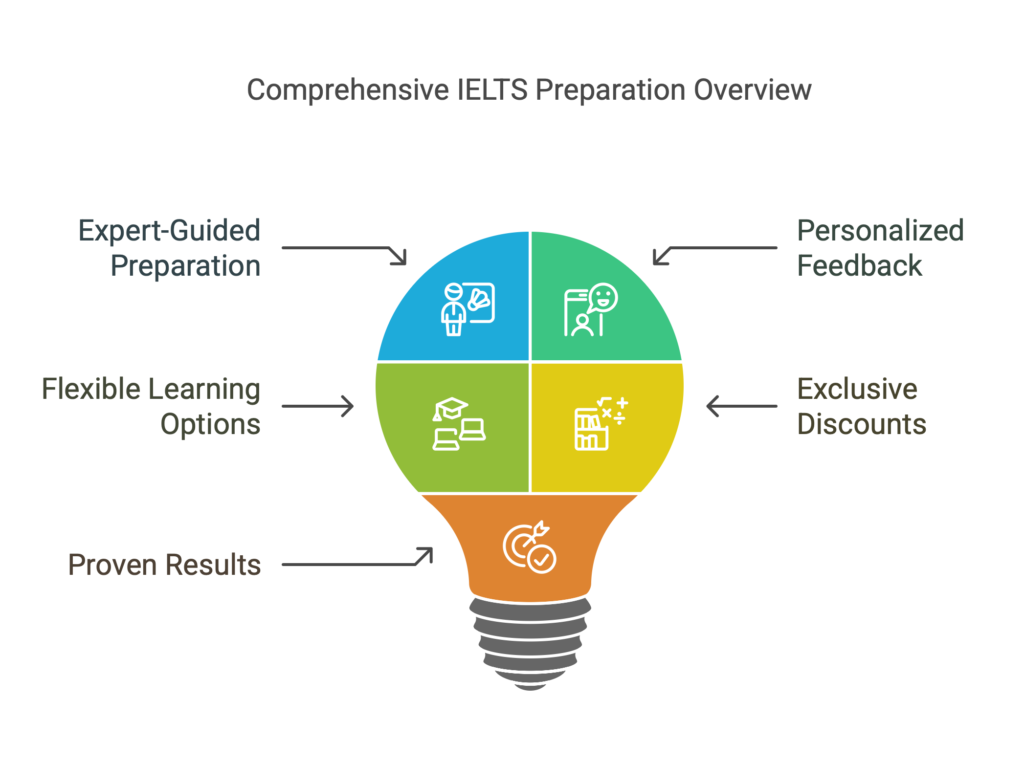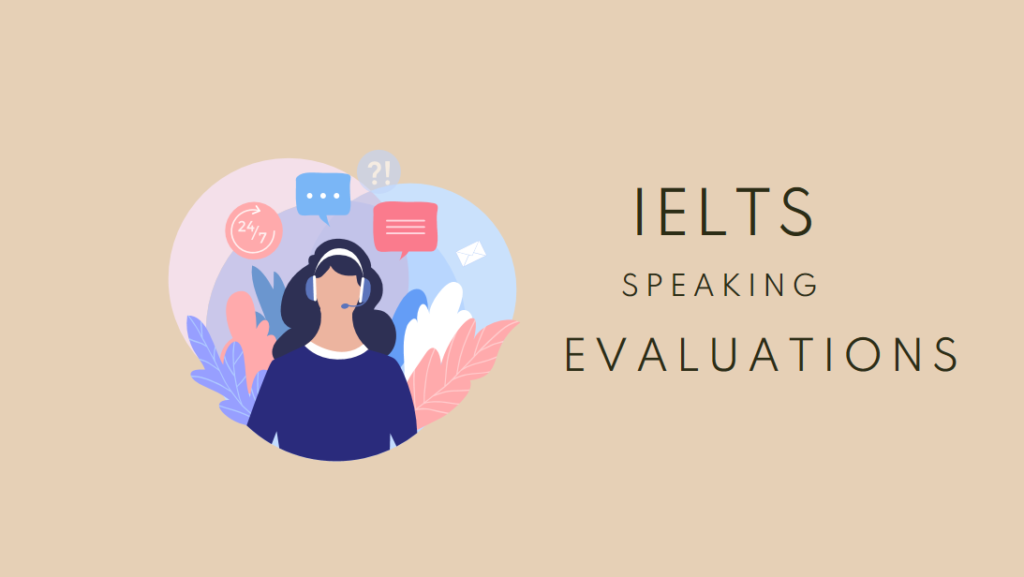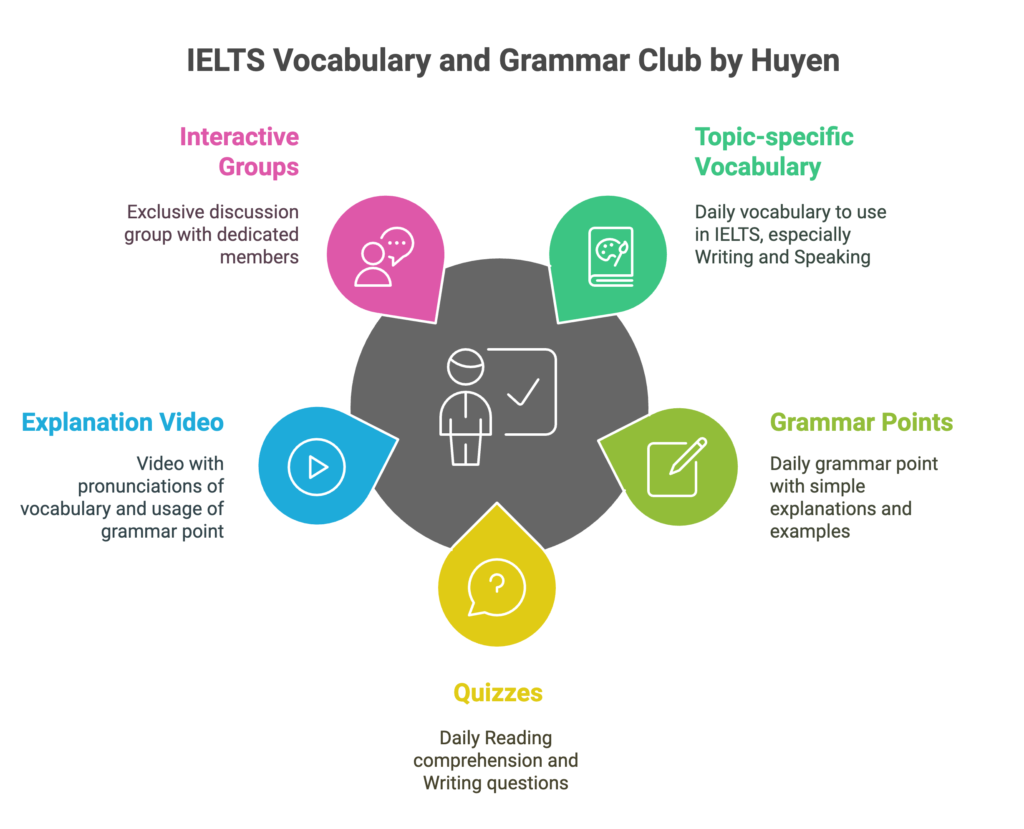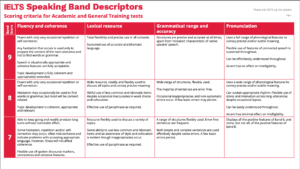No, you shouldn’t. It really is that simple.

I cannot believe the number of times someone has asked me if they should change their accent. I myself speak with a Vietnamese accent, and most times I have no issues communicating with “native” English speakers. After all, the whole point of the IELTS Exam is to test your prowess over English as a foreign language.
Is there really a “native” English accent?
First of all, there is no “right” or “wrong” accent for English speakers, even in countries like England or the USA. Within England, which is not necessarily a big country, there are several accents. In fact, within the city of London itself, there is more than one accent. So if you have to change your accent, which one will you pick? And why?
Don’t confuse changing your accent with improving pronunciation.
What matters for IELTS speaking, and arguably in life itself, is your pronunciation. The objective of improving your pronunciation is not to sound like a “native” speaker but to ensure clarity to the listener, i.e. there is no point taking on a “British” accent if you pronounce words incorrectly.
Here are some tips to improve your pronunciation:
- Listen more: Active listening can significantly improve your pronunciation. Pay close attention to proficient speakers of English. Choose audio materials such as podcasts or TED talks in English. Focus on intonation, stress patterns, and rhythm. If you can, record yourself to identify areas for improvement.
- Practice Phonetics and Sounds: This is a bit advanced, but mastering English phonetics and sounds is beneficial for accurate pronunciation. Study phonetic charts and guides that detail the different sounds of English. Or, utilize resources like online pronunciation videos and apps that provide interactive exercises for specific sounds. One great tool is Google Translate, which has the option to listen to a word being pronounced.
- Slow Down and Articulate: Speaking too quickly can lead to muddled pronunciation. Slowing down and focusing on clear articulation can significantly improve your speech clarity. When practicing, consciously slow down your speech. This gives you time to enunciate each word and sound properly. As you gain confidence, gradually increase your speaking pace. Practice speaking in front of a mirror, observing your mouth movements and lip shapes for each sound. Additionally, practice tongue twisters and vocal warm-up exercises to improve your diction and clarity.
- Seek Feedback and Correct Mistakes: Constructive feedback is invaluable for identifying and correcting pronunciation errors. Where possible, Engage in conversations with proficient English speakers. Inform them that you’re working on your pronunciation and ask for feedback. Don’t be afraid to ask them to correct you when you mispronounce words or sounds. Online language exchange platforms can be helpful for finding language partners.
Remember that improving pronunciation is a gradual process that requires consistent effort and practice. Be patient with yourself and celebrate small improvements along the way. Over time, your dedication to refining your pronunciation skills will lead to clearer and more confident English speech.
Fun Tip:
If you can, look up the correct pronunciation of words like these and check their usage:
- Aluminium
- Habeas corpus
- Force majeure
- Bouquet
- Albeit
- Worcestershire
Check out which Practice9’s services fit you and your needs the most here.
Feel free to contact us for better guidance on your IELTS journey.
Don’t waste your time on IELTS! You can get it this time.
Have fun learning!















Responses